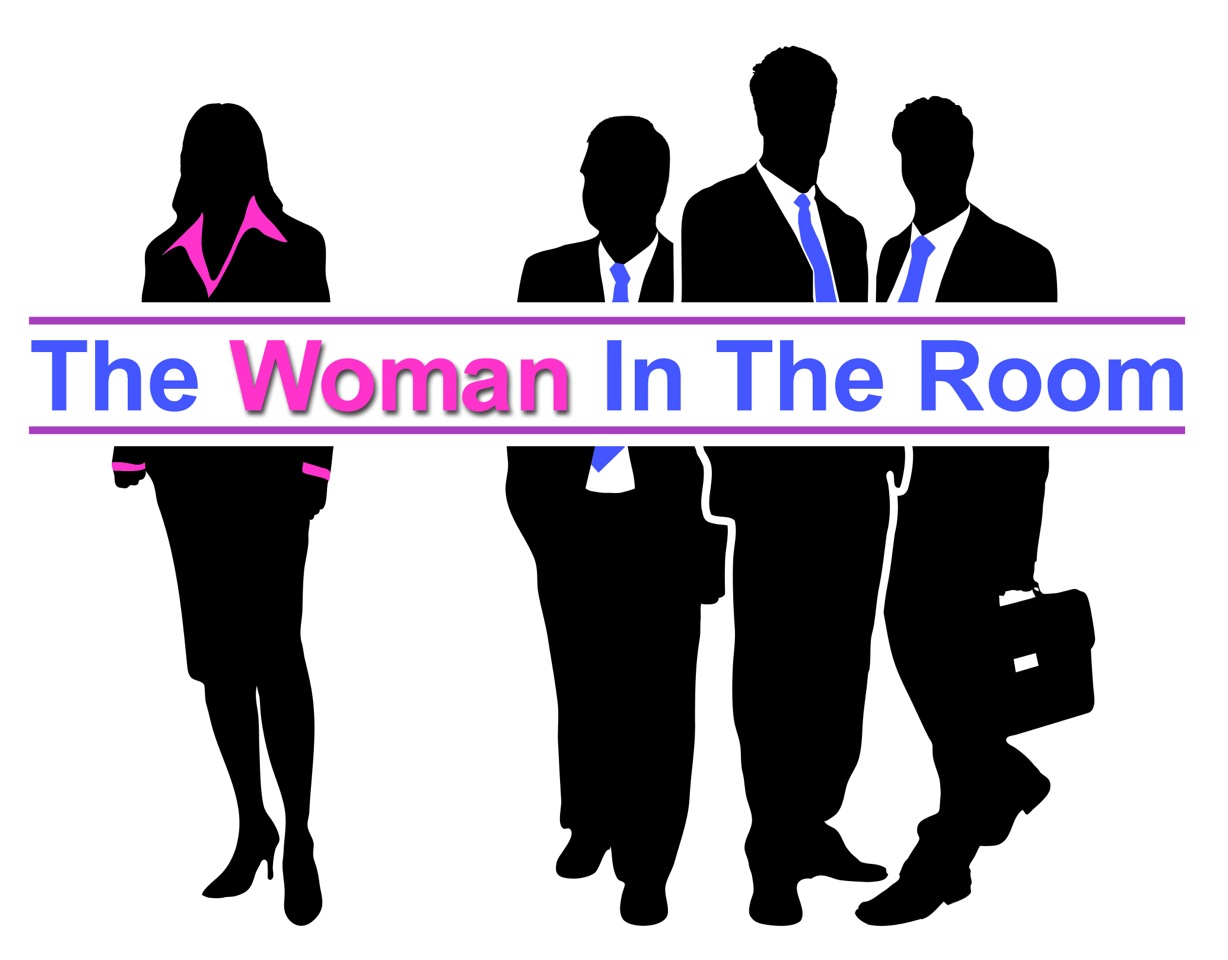What makes a woman less of a woman?
And
What makes a woman less feminine?
Do you see them as the same question or as different questions? How you answer that depends upon how you define “feminine.”
I looked up “feminine” in many dictionaries and found two definitions.
The first definition is: Pertaining to a woman; Characteristic of or unique to a woman; Whatever pertains to a woman.
The second definition is: Having qualities traditionally considered suitable for a woman.
This second definition is what makes us distinguish between being a woman and being feminine. It makes us rate women’s femininity. Examine your perceptions about the relationship between being a woman and being feminine:
- Is a woman who is married more feminine and more womanly than an unmarried woman?
- Is a woman who is a mother more feminine and more womanly than a woman who has no children?
- Is a woman who wears dresses and heels to the office more feminine and more womanly than a woman who wears slacks?
- Is a woman who has a career in interior design more feminine and womanly than a woman who has a career in computer coding?
- Is a woman who studies physics and becomes a high school teacher more feminine and more womanly than a woman who studies physics and works in aerospace?
- Is a woman who operates a cement truck and decorates cakes for a hobby more feminine and more womanly than a woman who is in marketing and competes in weight lifting for a hobby?
When we use the second definition of femininity we empower the stereotypes. So we need to ask ourselves – Does a woman’s decisions about whether or not to marry or have children really impact her femininity? How about her career choice? Or the activities she engages in her free time? Is one kind of woman really “better than” another kind of woman?
As women, we should never question if how we live our life impacts our femininity, makes us less of a woman, or an inferior woman. However, this requires us to break our ancient link between role and gender which society programs into all of us.
There is an ancient concept called the Doctrine of Two Spheres. It states that men and women, due to their biological makeup inhabit two distinct and separate spheres. Men inhabit the public sphere of work, politics, law, business, commerce, academia and finance while women inhabit the private sphere of domesticity, child rearing and religious/charitable work. The doctrine presumes that our separate roles and spheres are entirely natural. This means men and women are naturally completely different.
The doctrine also prescribes that men and women have no overlapping or shared traits. In order to the define “male” and “female” traits, we consider the role of each gender in their sphere. Men have all of the traits necessary for a successful career. Women have the traits necessary for creating a home, raising children and engaging in charitable and nurturing pursuits. This is the foundation of our stereotypes.
The Doctrine of Two Spheres is deeply engrained in our society. Today we acknowledge that men and women have some overlapping traits but we still maintain the separate spheres and roles. So if you distinguish between being a woman and being feminine this is why. Even the feminist movement didn’t move us beyond this belief of separate spheres. It is why we make a distinction between women with careers and women who are stay at home mothers and still have conflict between which is better and which is right. It is why we read all those articles telling women to act more like a man in order to be successful in business. It is why we hear women who have successful careers say “I am more like a man than a woman.”
To me the Doctrine of Two Spheres should join the Stereotypes in the trash can. We have long proven that women can be fire fighters and men can be nurses.
When we throw both away then we won’t distinguish between being a woman and being feminine. We create a wide, varying and diversified definition of being a woman. Every woman is feminine. Without qualification. Without rating. When women can welcome and embrace all women in all roles without judgement then we achieve equality.
I want to see all women aspire to be who they truly are and live their life according to who they are without judgement on their femininity. True female empowerment comes from being true to who you are, whoever that turns out to be.
Empowered women are feminine.
Please share your thoughts and engage other women in our discussion



Wow! That is so true! Thank you for opening my mind to a new aspect of equality and self worth! I feel more adequate in accepting my own femininity without judgement! And I have realized that I have been judging myself and relating as “more of a man than a woman” just because I am a carpenter and I struggle with motherhood. But now I feel I can accept myself as a women and stop trying to see myself as “a man trapped in a woman’s body!” Thank you! Your insite has TRUELY given me a whole new perspective!